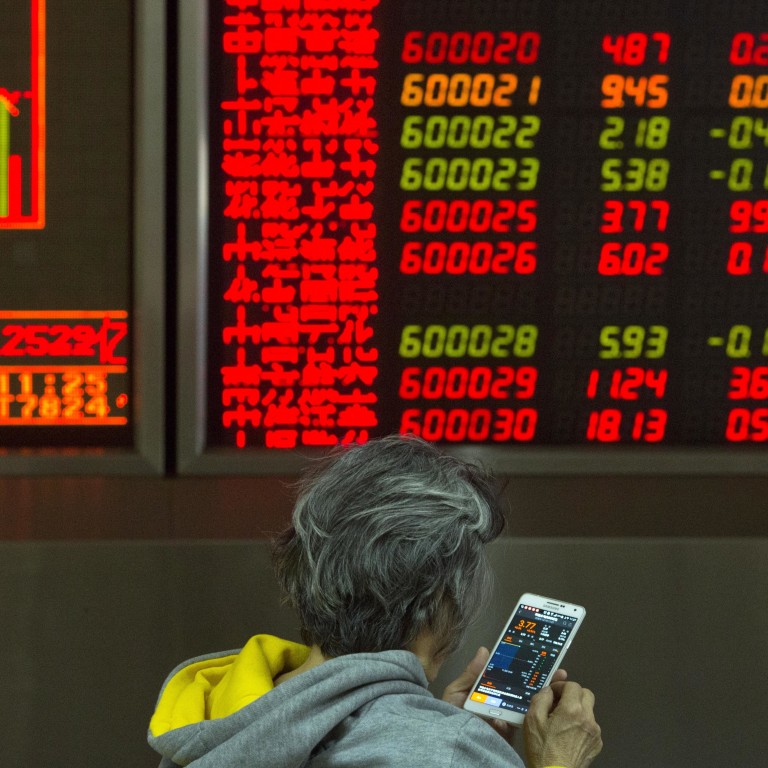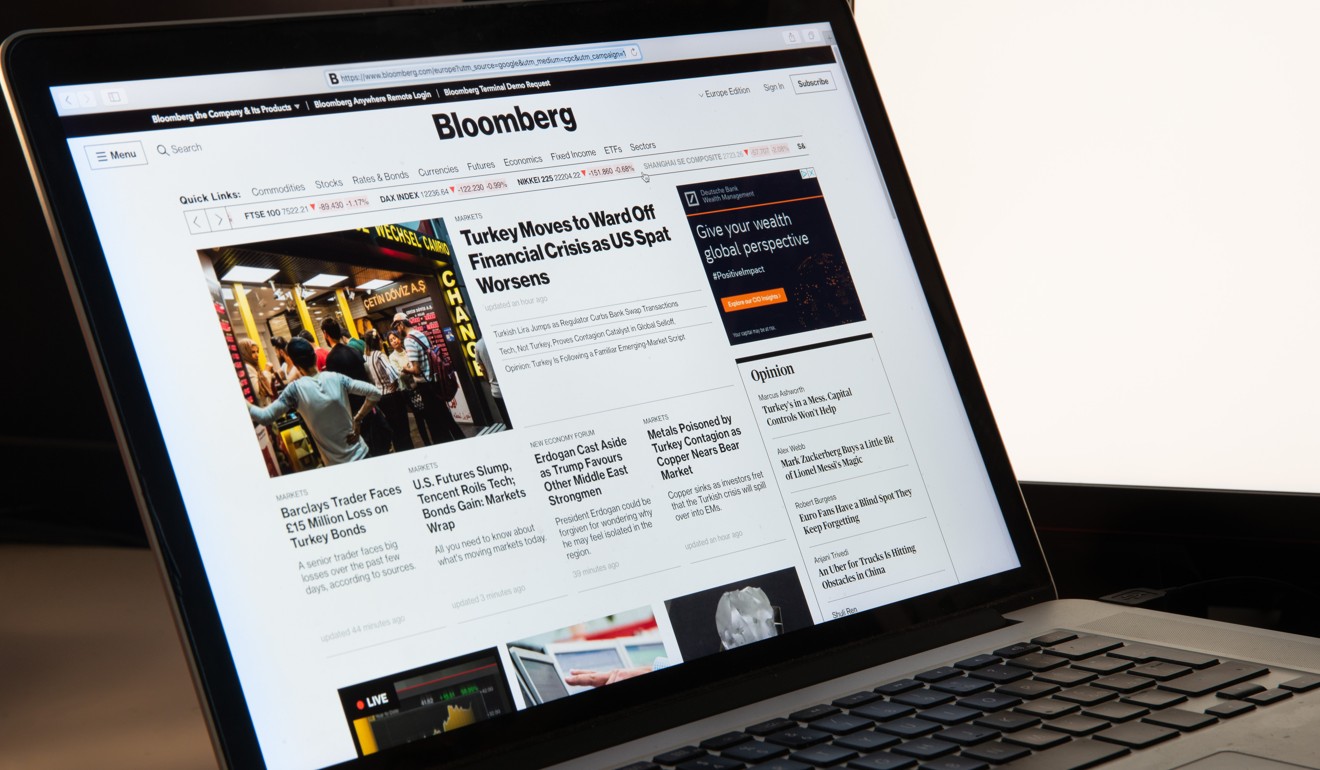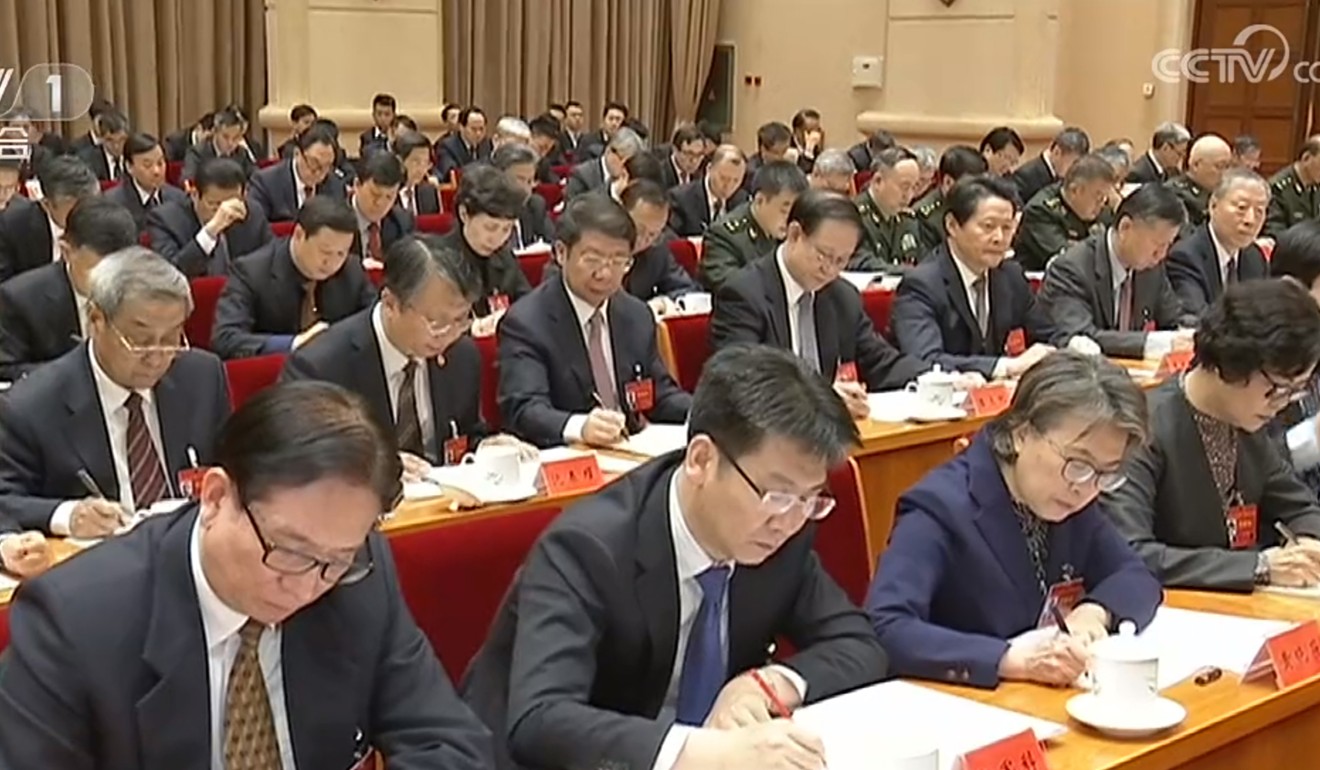
China tightens cybersecurity rules on domestic financial information providers to protect stock markets
- Foreign vendors such as Bloomberg and Reuters have been subject to government regulation on market-sensitive financial data since 2009
- New rules take effect on February 1 as Beijing seeks to avoid further damage after Central Economic Work Conference tax leak hit stock prices last week
China’s new cybersecurity rules bring domestic financial information providers in line with regulations that have governed mainland-based foreign bureaus since 2009 and vow to punish those fabricating news or distorting the country’s monetary and fiscal policies.
The Cyberspace Administration of China (CAC) released the regulation on Wednesday that governs financial data and information providers which serve institutional and “certain professional investors”, in an apparent crackdown on content deemed detrimental to the country’s financial stability.
The new rules, which take effect on February 1, will extend the scope of the government's regulation on market-sensitive financial data – in place for foreign vendors such as Bloomberg and Reuters since 2009 – to include domestic providers such as Shanghai Wind Information.
The rules also apply to blogs and websites that have appeared in the last decade, potentially shaping the way financial data and analysis is distributed in China.
“Some service providers do not have a good checks on their content,” the watchdog said.

“Their speculations on financial market risks and the release of sensitive market information, as well as distortions of regulatory policies, have had an impact China’s economic and financial stability.”
Domestic financial information providers are the main target of the new regulation, having not been closely controlled up to now, said analysts.
“Domestic financial information providers have been booming yet poorly regulated in recent years,” said Zhao Xijun, an economist at Renmin University.
“When regulators or other market players did not release information or failed to do it properly, there have been incidents when some information service providers took the opportunity to fill the market with rumours.”
Information about economic and financial policies is especially important when market confidence is fragile as it is now, added Zhao.
China’s economic growth slowed to 6.5 per cent in the third quarter of this year, the slowest pace in almost a decade, and is expected to slow further next year due to the impact of the trade war with the United States.

An example of the misinformation problem occurred on December 21 when rumours circulated online that policymakers had decided not to cut taxes or fees as they concluded the annual Central Economic Work Conference (CEWC), which sets the economic policy direction for next year.
The news, in sharp contrast to high expectations that the CEWC would propose pro-growth measures, led to a slump in the stock markets before the Financial Stability and Development Committee took the unusual step of publicly denying the rumour.
Under the new CAC regulation, all providers of financial information, data, news, analysis and trading strategy are prohibited from releasing fake news that disturbs market stability, “twists” national monetary and fiscal policies or financial regulations or harms national interests.
The information could be in the form of words, images, video or audio.
“Correspondence bureaus” of foreign media such as newspapers are not subject to the rule, this includes the news bureaus of Bloomberg and Reuters, which are considered to be separate, as well as other non-financial newswires including Associated Press.
Violations of the new rules could lead to public censorship, being added to a watchdog blacklist or potentially subject the offender to charges if the authorities determine that a crime has been committed.

China has tightened oversight of online content in recent years due to concerns about the spread of politically “harmful” information, pornography and fake news.
Brock Silvers, managing director of Shanghai investment advisory firm Kaiyuan Capital, said he was concerned about a possible loss of market vitality due to the tighter security of content.
“These rules are intended to control market volatility, and thus promote social stability, but they may also decrease the attractiveness of local financial markets,” he said.
“Beijing’s focus on containing possible contagion rather than furthering market internationalisation could also bring into question China’s 2019 market outlook.”
The benchmark Shanghai Composite Index has lost 25 per cent so far this year, ending trading on Thursday at 2,483 points, making it one of the world’s worst performers in 2018.

